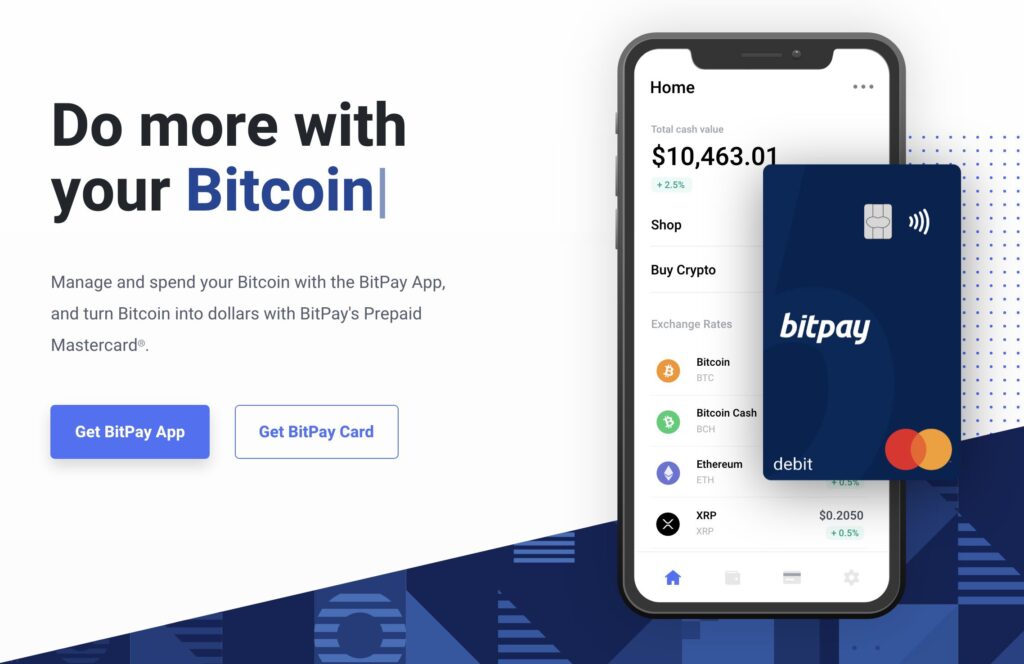Web3 is attracting the attention of the tech industry’s greatest figures. Airbnb, Spotify, and Instagram are just a few of the Web2 companies that have made the switch.
The way people do business has changed dramatically as a result of technology. In terms of marketing, three waves of technology innovation have occurred during this time: Web 2.0, Social Media, and now Web 3.0.
The first version of the internet was based on static information pages like text and graphics. Then came Web 2.0, when everything became interactive, social media networks arose, and people could communicate with one another through blogs, tweets, and Facebook posts. And now, we’ve evolved into the Decentralised Web, Web 3.0.
Traditional social media are fading away in comparison to Web 3.0-powered ones. Users may control how their data is utilized and what they get from working with any company using blockchain-powered social applications. In this case, incentive systems can be used to reward users for their engagement, removing the need for centralized control. Brands looking to grow a devoted following through a user-aggregated, blockchain-powered platform may do it organically while also increasing brand awareness. Because of their decentralized structure, businesses would be very user-centric and transparent. Users would have control over their data and privacy. To maintain data transparency and open access, business owners would have to implement blockchain technologies.
A market revolution is on the horizon. Signs of it, as well as initiatives, have already been noticed. – Remember that Facebook has changed its name to Meta, and the corporation is investing in the Metaverse. Square has also changed its name to Block in order to focus on Bitcoin. Web 3.0, the next generation of the internet, connects website content and users through seamless interfaces and communication channels. Every company may already take efforts to incorporate Web 3.0 technology into their operations and begin to reap the benefits of the new world. These are some suggested
Digital: This suggests that in 2022, firms will be focused on digital marketing transformation. While deciding where to begin can be difficult, don’t let the complexity of the transformation process keep you from making the required changes to future-proof your digital marketing approach. Set attainable goals for the year and take small steps toward them. Improving your digital maturity requires strong C-suite support and a focus on some key areas.
First-party data: Link online and offline data sources together, and create a two-way value exchange with customers.
End-to-end metrics: Concentrate on measurement and create prediction models that can be used to fill in data gaps for attribution and conversion metrics.
Responsiveness: Break down divisions to promote more agile responses to rapidly changing consumer behavior.
Web 3 Marketing is a concept that looks at trends and new technologies to learn more about the web. It’s not only becoming better; it’s completely changing how we think about the Internet. Websites and search engine optimization are only one of Web 3.0 marketing (SEO). By providing rich and engaging advertising options, a Web 3.0 environment improves the user experience. Marketers will benefit since they will be able to target their adverts more precisely.
Marketers will be able to offer a more effective plan and display their items using Web 3 reason being that they would have access to many different sources of information which will affect their purchase decisions.
Semantic Web – The semantic web will enable computers and humans to communicate more efficiently. The SW will use metadata to describe the content in a machine-readable fashion. Marketers can take advantage of the Semantic Web for organic search marketing.
Artificial Intelligence (AI) – Natural Language Processing (NLP) technology (which aids computers in understanding, interpreting, and manipulating human language) in Web 3.0 allows computers to behave more like humans and better grasp the data they are given, resulting in more accurate and timely answers and responses. This has revolutionse digital marketing allowing marketers to automate and optimise their efforts with a more humanly touch.
Decentralization – Decentralization is the core of Web 3.0. The Web 3.0 blockchain is based on peer-to-peer networking concepts, in which data is dispersed between nodes rather than fixed servers. Users may choose which information to store, whether to alter it, and who can access it thanks to the integrated consensus and cryptography algorithms. As we mentioned before, Web 3.0 is often called a decentralized web or semantic web. Web 2.0, computers utilize the HTTP protocol to locate and identify information stored on servers—usually a single server—at a given location. Instead than being stored in a single location, information in Web 3.0 would be stored in multiple locations at the same time. As a result, there would be no data storage center. This relies on a peer-to-peer network that is built which makes up the community in Web 3.0.
NFTs – A non-fungible token (NFT) is a blockchain-based digital asset that is authenticated by a certificate. It is a unique cryptographic asset tied to the product that records ownership and verifies validity, not the product itself. Consider it a deed to a house that establishes who owns the property. There’s only one difference: the product cannot be interchanged. Buyers receive the precise version of the product they ordered, with no option to switch to a comparable version. As a result, any brand can ignore the expenses and difficulties connected with copyright protection while manufacturing a product or developing a concept.
The decentralized Web 3.0 blockchain stack has a user-centric network. Knowledge will not be controlled by any single entity since it will be managed by peer-to-peer technology. There will be no centralized servers, and instead, data would be distributed across individual internet users’ devices. On the internet, individual liberty and consumer privacy will become more crucial.
The blockchain technology that powers Web 3.0 can also be leveraged to make onboarding procedures easier and more user-friendly. Using your Facebook login to visit a variety of other websites is one example of how this works. Blockchain takes a similar concept, but unlike Facebook and many other tech behemoths, it does not store user data. Because every end user owns their own data under blockchain, this is the case. Finally, the benefit to you as a business is that customers will be able to easily sign onto the website, and you won’t have to worry about storing any data on your end.
As a result, any data security concerns will be resolved. The goal of Web 3.0 is to return control of data and content to consumers while reducing dependency on big tech. The network effects that Web 3.0 will provide, especially for SMEs, will serve to protect them from the threat posed by major technological companies. It will eliminate the hefty fees they currently pay for intermediate services (such as those in the delivery sector), recommendations (such as travel bookings), advertising, and other services. They’ll have more bargaining leverage now that the monopoly’s power is diminishing. All of this will result in better products and services with more equitable pricing in the long run.
Brave is a popular web browser that is noted for its speed and ad blocker. It’s also one of the most important browsers for Web 3.0, having just incorporated blockchain support and its own cryptocurrency, BAT.
BitPay is one of the most intelligent cryptocurrency wallets, allowing users to purchase, store, trade, and spend bitcoins. They may even use a crypto debit card to convert Bitcoin into dollars or any other money.
The firm offers an application development platform for Ethereum-based goods. ConsenSys specializes in developing Ethereum-based decentralized apps and end-user tools.
Storj DCS (Decentralized Cloud Storage) automatically encrypts all files before being uploaded–your data is only in your hands and those you share it with.
Terra is a payment infrastructure that is decentralized. Provides a price-stable cryptocurrency that may be used to make payments. It’s a platform for financial dApps that’s free to use.
Ledger is a hardware wallet for cryptocurrency based on the blockchain. Nano X, Nano S, Blue, and OTG Kit are among the products available. Multiple cryptocurrencies are supported, including Bitcoin, Ripple, Ethereum, Bitcoin Cash, EOS, and others.















